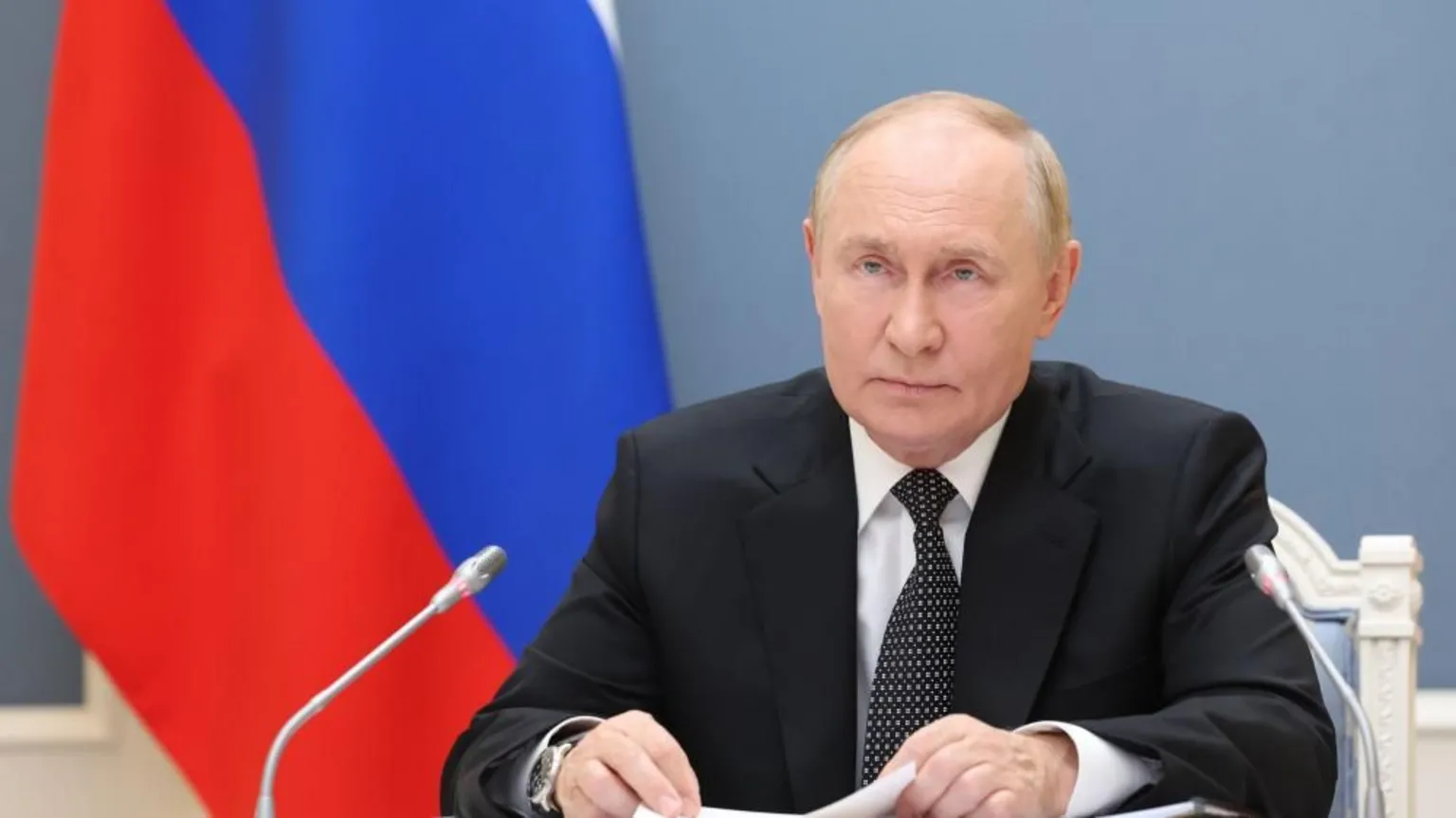When you picture high-level talks between world leaders, you might imagine big speeches, handshakes, and photos. But what really goes on behind the scenes? Well, in the case of Keir Starmer’s recent meeting with U.S. President Joe Biden, the discussion was less about public pleasantries and more about digging into the tough questions: How do you outsmart Vladimir Putin without sparking an even bigger conflict?
A Secure Start to Serious Talks
Before Starmer headed to the White House, his team huddled up in a secure room at the British Embassy. This wasn’t your average meeting room—this space is built to block out any spying attempts. Why? Because when you’re dealing with topics like Ukraine and Russia, you don’t want anyone listening in, especially not those on the other side.
With their strategy in place, Starmer and his team arrived at the White House, greeted by Biden in the iconic Rose Garden. But after the brief public show for the cameras, it was down to business. The conversation was private, intense, and heavy on global hot topics—Ukraine being front and center.
Ukraine: The Ongoing Dilemma
Let’s be real: the war in Ukraine isn’t just Ukraine’s problem. The UK and the U.S. are deeply involved, providing support, weapons, and strategy. But the big question on the table was this: Should Ukraine be allowed to fire Western missiles into Russia?
Starmer’s team is pushing for it, but Biden? Not so fast. He’s worried. Why? Because allowing Ukraine to fire missiles into Russian territory could be seen as an escalation, something that might drag the U.S., the UK, and the rest of Europe directly into the conflict. And that’s exactly what Putin has been hinting at lately. He’s waving the threat of all-out war, hoping to scare Western leaders into backing off.
But here’s the tricky part: Is Putin bluffing? He’s made threats before, and they haven’t always come to fruition. Yet, there’s always the chance that this time, he could make good on his words. So, what’s the West supposed to do? Act too aggressively, and you risk provoking Russia. Do nothing, and you leave Ukraine hanging in the wind.
The Psychological Game with Putin
In these talks, it’s not just about military strategy—it’s about trying to get inside Putin’s head. The West is playing a game of psychological warfare. Would Putin actually attack a NATO country if the West pushes too hard? That’s the million-dollar question.
And if not a direct attack, what’s the next move? Maybe Putin would retaliate with something less dramatic but still damaging, like cyberattacks or cutting undersea communication cables. Those are the kinds of headaches that could cause chaos without starting a full-scale war.
This meeting wasn’t about finding all the answers, though. With more talks lined up at the United Nations soon, it’s clear that decisions like these take time and careful consideration. Still, Starmer and Biden left the table without any definitive word on whether they would push for Western missiles to be used against Russia.
The Big Questions: What’s Next?
This war is now two and a half years in, and there’s no obvious end in sight. The world is left balancing on a knife’s edge. The challenge for the West is simple but daunting: How do you stop Russia without sparking a bigger war?
Every action—or inaction—has consequences. Allow Ukraine to fire missiles into Russia, and you risk an all-out confrontation with Moscow. Hold back, and you might be seen as weak, giving Putin the upper hand. That’s the tough spot Starmer and Biden are in, and it’s why their talks are so crucial.
What’s At Stake?
At the heart of these conversations is the same dilemma that’s been plaguing the West since Russia launched its full-scale invasion: How do you defeat Russia without setting off a global catastrophe? There’s no easy answer. But with Putin’s recent threats looming large, every move has to be carefully calculated.
For now, the West is walking a tightrope, trying to guess Putin’s next move, weighing the risks of pushing too far versus not pushing far enough. Whether it’s missiles or diplomacy, Starmer and Biden are in for the long haul—and the world is watching.

